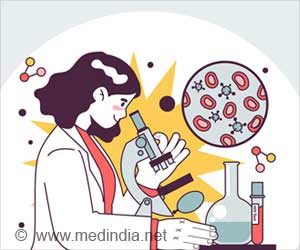Alarming reports of AIDS patients being robbed off their pockets to pay for expensive anti-HIV medication, reflects a commercial shift in Chinese health care.
Alarming reports of AIDS patients being robbed off their pockets to pay for expensive anti-HIV medication, only reflect a commercial shift in the service based health care system, believed to prevail once upon a time in China.
Cai had no AIDS related symptoms when she was admitted to the Number Three People's Hospital. The bit of money she had, ensured prompt medical attention at the time of admission. She was forced to start a regimen of expensive anti-retroviral drugs, being warned of an immediate possibility of death if she refused to do so. The doctors however refused to provide her with free anti-HIV drugs, supplied by the central Government.Her hospital stay soon ended up, with her medical bill exceeding more than $1,400. This was thrice as great as her annual income. She was then asked by the medical director to go away and wait until she earned some money.
This situation had prompted the necessity of a well-financed campaign against the disease, where over 840,000 people are believed to be afflicted with the disease. This has however met with little success owing to the local profit oriented medical service.
"In China today, if you don't have money, you don't dare go to the hospital. People are suffering unnecessary hospitalizations, unnecessary testing and huge medical bills. The free AIDS treatment program is being used to create profits", said Odilon Couzin, director of China AIDS Info, a Hong Kong-based advocacy group.
The privatization of the economical system is in a way held responsible for the present situation. The total health care funding share of the Central government even dropped form 36 to 17% between 1980 and 2004. Hospitals were even allowed to demand profits based on the sale of new drugs and high-technology tests.
"The hospitals have had to increase their fees and boost drug sales to compensate for the loss of state support," notes Cai Renhua, a former health ministry official. "The reform process has made hospitals into clubs for the rich. If the hospital were focused on making money, why would they tell anyone about these free drugs? There's a basic conflict of interest," says Zhang Ke, an AIDS specialist at Beijing Youan hospital.
Advertisement











